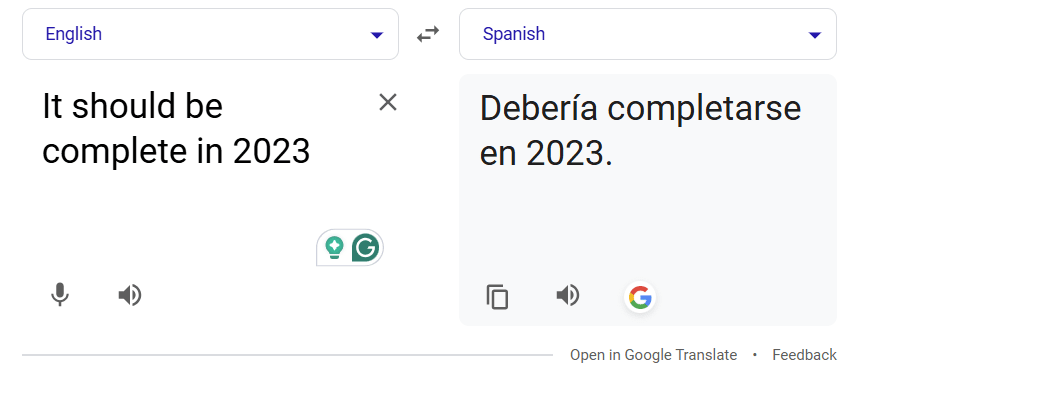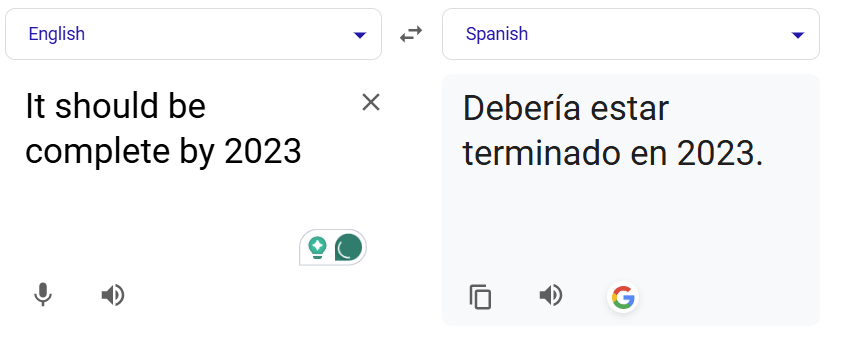Yesterday, Sinergia responded to our review of them. In this post, we will address what Sinergia said in response to the first point from our review. This post includes only a small snippet of Sinergia’s response; if you’d like to read their full response, you can find it here.
The first point in our Sinergia review was:
Sinergia claims that "JBS published in 2023 the commitment to banning ear notching by 2023." As evidence for this claim, Sinergia provided a link to one of JBS's animal welfare pages. However, the link does not state JBS committed to this. We also checked every archived version of the link and could not find this commitment. Further, in 2024, JBS stated that they still use ear notching due to "Difficulty in finding alternatives that ensure process traceability."
At one point, JBS had a tentative plan to stop ear notching by 2027, but it was later abandoned (currently, we are unsure if it has been reinstated). This plan was the closest thing we could find to the commitment Sinergia alleges.
Although this commitment does not exist, Sinergia estimates that this commitment has helped 8,700,000 piglets per year since 2023, and claims 70% of the credit for helping these piglets.
Note: Sinergia's claim "JBS published in 2023 the commitment to banning ear notching by 2023" was in Cell W10 of Sinergia's original spreadsheet. Sinergia/ACE (meaning Sinergia or ACE) deleted Cell W10 from the spreadsheet right before Sinergia issued their response.[1]
Sinergia responded by saying:
Vetted Causes made an error in their analysis. JBS’ commitment to abolish ear cropping does exist. JBS clearly states in Brazilian Portuguese on its website: “100% da mossa abolida até 2027,” which translates to “100% of ear cropping will be abolished by 2027.” The term "mossa" refers to ear cropping in Brazilian Portuguese, and further explanations can be found on industry websites (1, 2). This commitment was also published in JBS’ 2022 Animal Welfare Report, published in October 2023 (page 33).
Sinergia’s Brazilian team, which is native in Portuguese but not English, made a minor mistake in the spreadsheet shared with ACE. It stated “Committed to banning ear notching by 2023,” when it should have said “Committed to banning ear notching in 2023.” Sinergia acknowledges that this mistake shifts the meaning of the sentence and it has since been corrected.
Although Sinergia downplays this as a “minor mistake,” it results in Sinergia receiving credit for helping millions of JBS's pigs who were not impacted (i.e. JBS pigs who have their ears notched from 2023 to 2026).[2] This is not a “minor mistake.” Further, Sinergia claims that this "mistake" has been corrected, but all that was fixed was changing the phrase “by 2023” to “in 2023” in Cell K10.[3] The impact calculations were not fixed, and still incorrectly credit Sinergia for helping millions of JBS's pigs who were not impacted.[2]
Additionally, we’ve previously stated concerns about the possibility of charities deleting important evidence related to a negative review. We’re worried that Sinergia/ACE has done that here. In Sinergia’s commitments spreadsheet, Sinergia/ACE deleted a column that had information related to our review.
As explained above, Sinergia claims that when they said “by 2023,” they meant to say “in 2023.” Further, Sinergia indicates that this "mistake" occurred because their Brazilian employees are not native English speakers. However, Sinergia’s original commitments spreadsheet contains a Cell that suggests otherwise. Cell W10 of Sinergia's original spreadsheet said “JBS published in 2023 the commitment to banning ear notching by 2023.”[4] If this was a translation issue, why did Sinergia know how to use “by” and “in” in Cell W10, but not in the Cell with the alleged "mistake"?
Unfortunately, Sinergia/ACE deleted all of Column W right before Sinergia posted their response, and did not add any note stating that this column was deleted. [1] This column contained Cell W10, where Sinergia stated that “JBS published in 2023 the commitment to banning ear notching by 2023.”[4] For context, Sinergia/ACE added notes for every other edit that was made to Sinergia's spreadsheet after February 20th, 2025, and this was by far the biggest edit (Column W contained more text than any other column in the spreadsheet, and was completely deleted).
Note: Cell R10 of Sinergia's spreadsheet further suggests this was not a mistake/translation issue, as Sinergia states that the “Transition deadline” for JBS to stop ear notching is 2023.
We are extremely disappointed that Sinergia downplayed this as a “minor error,” and that Sinergia/ACE deleted information that is relevant to our review without adding a note. We plan to address Sinergia’s complete response in the future, but wanted to post this now.
- ^
Sinergia/ACE deleted Column W (which contained Cell W10) shortly before Sinergia published their response. We know that Column W had not been deleted as of 3/15/2025, as we took a screen recording of the spreadsheet on that date (skip to 1:39, notice Column W has not been deleted yet). We know that Column W had been deleted as of 3/20/2025 (the day before Sinergia published their response) since we downloaded the spreadsheet on that date. We also have a recording of Sinergia's spreadsheet from 3/21/2025 where Column W has been deleted. Sinergia published their response on 3/21/2025.
- ^
- ^
- ^
Screen Recording of Sinergia's 2023 Pig Commitments Spreadsheet from 2/12/2025 (skip to 1:50 to see Cell W10)



I've written about this elsewhere, but it is far less constructive when you come at everything with a mindset where you assume malicious intent and find corroborating evidence.
Again, native English speakers sometimes make grammar/spelling mistakes. Grammar in your non-native language is harder for a variety of reasons. One thing to at least consider is that words such as "in, by, on, until" don't often translate perfectly, or kinda mean different things depending on context. I speak English native/fluently. When I speak in French or Spanish (where I'm proficient-fluent), I definitely make mistakes all the time, precisely because I am doing a lot of translating to/from English and not thinking in the language. Here's a simple example I came up with in English-Spanish
See how "in" and "by" both get translated to "en". I probably would use different phrasing than Google Translate, but it wouldn't shock me if Sinergia people are using Google Translate (or similar), frequently. It's exhausting to speak/work in your non-native language, and there are all these tiny phrasings that are difficult. Now multiply this by every row/column in the Google Sheet and every claim, etc.
It's good that you are reviewing this work, and my offer still stands to pay you for future reviews you want to do in good faith. We need far more rigor on cost-effectiveness analyses, and EA often has a culture where we are too nice to each other to call things out and get defensive about object-level criticism. I think they have gotten better in the last couple of years, but I was fairly unhappy with ACE's cost-effectiveness methods a few years ago, and so I want their work reviewed, checked, and questioned, and perhaps even re-done. But for criticism to be taken well and without defensiveness, you can't come out fully on the offensive, accuse people of lying and malicious intent everywhere.
ACE clearly made a mistake by leaving column W published in the public view. I'm sure they would actually give you everything unredacted if you asked and were nice about it! But you need to get out of the mindset of doing a charity "takedown" as opposed to a charity review. It wouldn't surprise me if many organizations are slightly optimistic in taking credit for things or are a bit generous in their counting. Correcting this is great. It gives us better info/data from which to make decisions. If it does turn out that some charities are way off the mark, I'm sure some will be a bit defensive but others will actually want to switch their work.
Here is an example of @Vasco Grilo🔸 doing a pretty good critique of Sinergia that they should be trying to focus on their cage-free campaigning as opposed to meal replacement. That is extremely useful. It's particularly useful because it's something that @Carolina Galvani - Sinergia Animal can engage with, doesn't assume Sinergia is lying, and additional reasons can then be given for why Sinergia might still want to do something etc.
Thanks, Carolina. I have followed up there too.